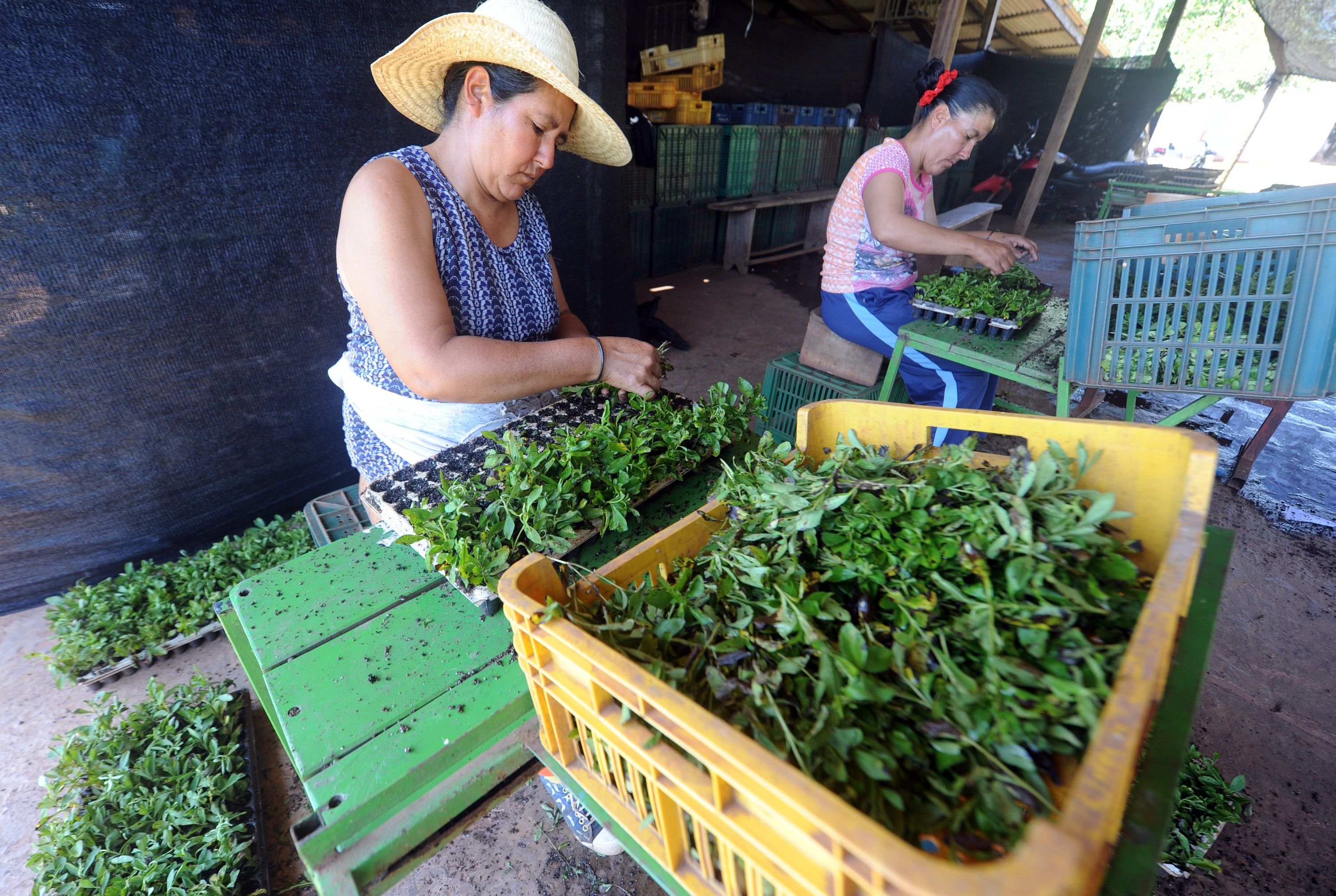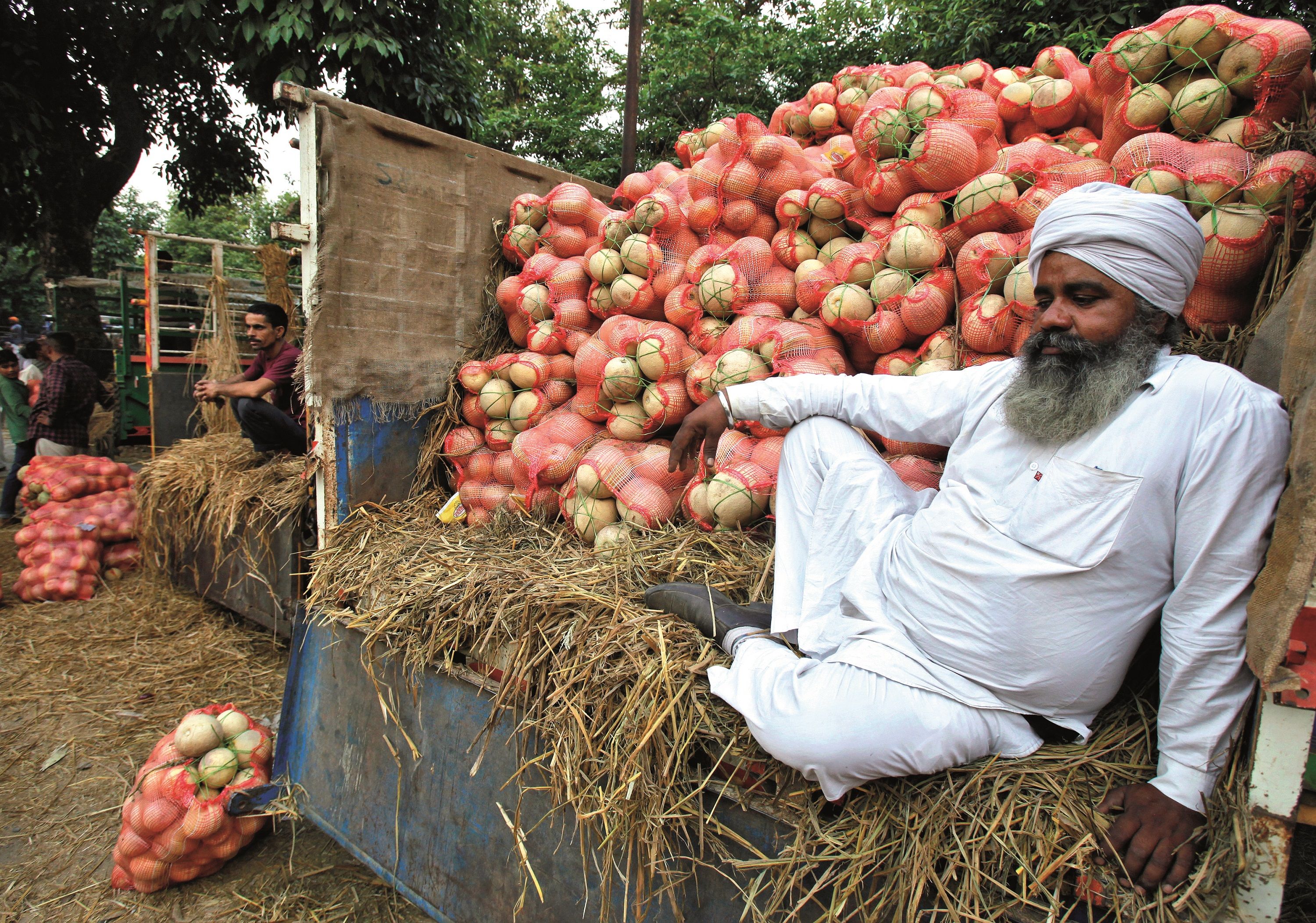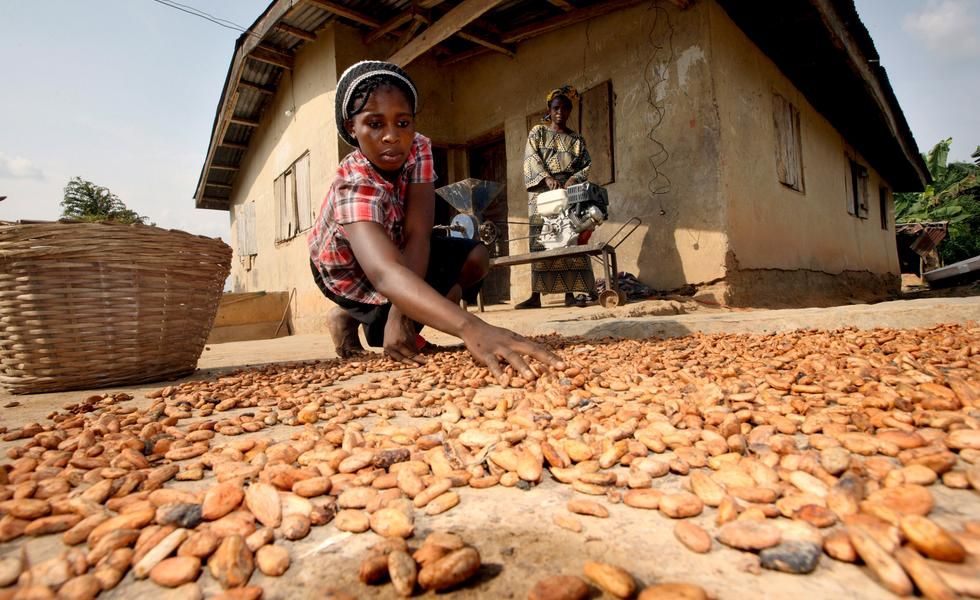Lack of enforcement in producing countries
 ©
Mattias Kulm / NationalGeographic / GettyImages
©
Mattias Kulm / NationalGeographic / GettyImages
The legal framework in most producing countries is largely in line with international human rights laws. Therefore, it is a lack of enforcement of existing legislation that is to blame for continuing human and labour rights violations in the production of commodities. This is not only the case for specific labour rights, but also for basic rights such as access to education or protections for rural and/or indigenous populations. This is largely an issue of weak political will and the power of corporate interests, but the seasonal nature of much agricultural work coupled with the often remote and widely scattered production locations can all complicate effective enforcement.
Legal gaps and lack of protections
In some cases significant legal gaps do exist and in some countries current legal protections, where they do exist, are increasingly under threat from governments and the agro-food lobbyists alike, most notably in Brazil, the world’s most important exporter of agricultural commodities.
In producing countries, the lack of protections is best illustrated in relation to minimum wage laws for workers. Such benchmarks, where they do exist, are usually nowhere near actual living wages and many workers struggle to make a living even though they are employed. For small-scale farmers, the situation is even more dire. The right to an adequate standard of living has long been enshrined in international human rights law (See e.g. UDHR article 23; ICESCR articles 7 and 11) and yet there are far too few protections for small-scale farmers seeking to make a living off the crops they produce.
-
 ©
Getty Images
©
Getty Images
-
 ©
Ajay Verma / Reuters
©
Ajay Verma / Reuters
-
 ©
George Osodi / Panos
©
George Osodi / Panos
Rights of Peasants
However, there is some reason for hope. In December 2018, the UN General Assembly adopted the Declaration on the Rights of Peasants and Other People Working in Rural Areas (UNDROP). The declaration is based on binding international agreements and explicitly specifies the rights to an adequate standard of living and fair remuneration. It also recognizes detailed entitlements with regards to peasant rights to seeds, land, and biodiversity. An analysis by the Geneva Academy of International Humanitarian Law and Human Rights underlines the importance of this new document clearly. “The implementation of the UNDROP represents a unique opportunity to re-balance power relations in rural areas, and to guarantee that states will respect, protect and fulfil the rights of peasants and other people working in rural areas, who have too often been marginalised within international, regional and national laws and policies.”
The UNDROP is thus an important instrument in establishing more balanced power relations and in ensuring that the rights of peasants and workers are respected. The declaration applies not only to producing countries, but also home states such as Switzerland (who voted in favour of the declaration at the 2018 UN General Assembly).

